Barack Obama Book Recommendations
The 44th President of the United States, Barack Obama is a lawyer, author, and former community organizer. His presidency was marked by significant policy changes and historic milestones. Since leaving office, he has remained a prominent global figure, engaging in public speaking, writing memoirs, and working through the Obama Foundation to inspire and empower the next generation of leaders.
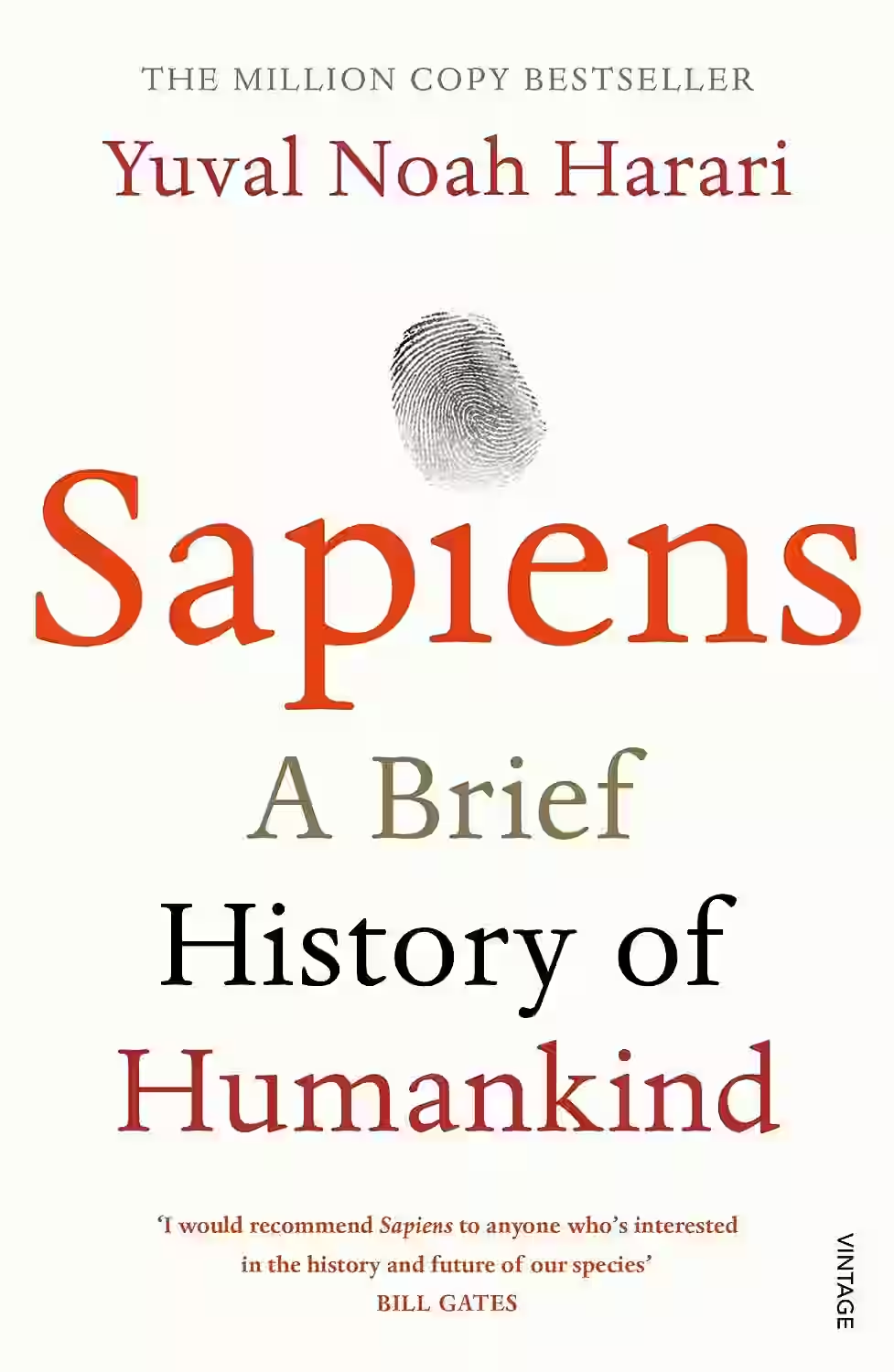
Yuval Noah Harari's Sapiens charts the epic history of humankind, from early Homo sapiens to today's complex world. It explores the Cognitive, Agricultural, and Scientific Revolutions that defined our development. Harari examines the role of shared beliefs in enabling mass cooperation and questions the essence of our humanity and future. This insightful work offers a broad perspective on our origins, progress, and the challenges we face.
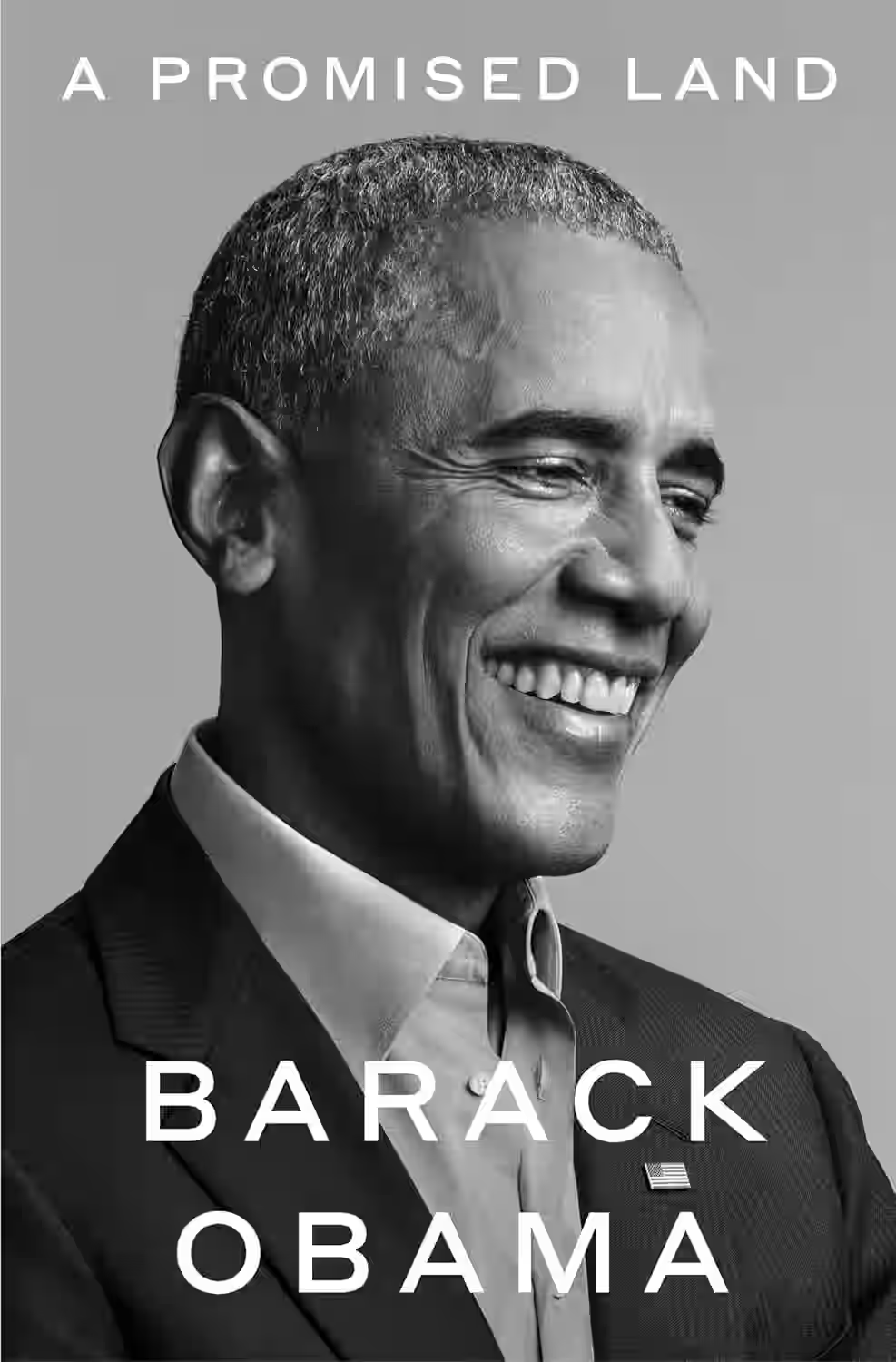
In this deeply personal memoir, former U.S. President Barack Obama chronicles his early political life through his first term in office. With introspective prose and behind-the-scenes detail, A Promised Land reflects on leadership, race, democracy, and the pursuit of change. Obama offers candid thoughts on successes, failures, and the sacrifices of public life.
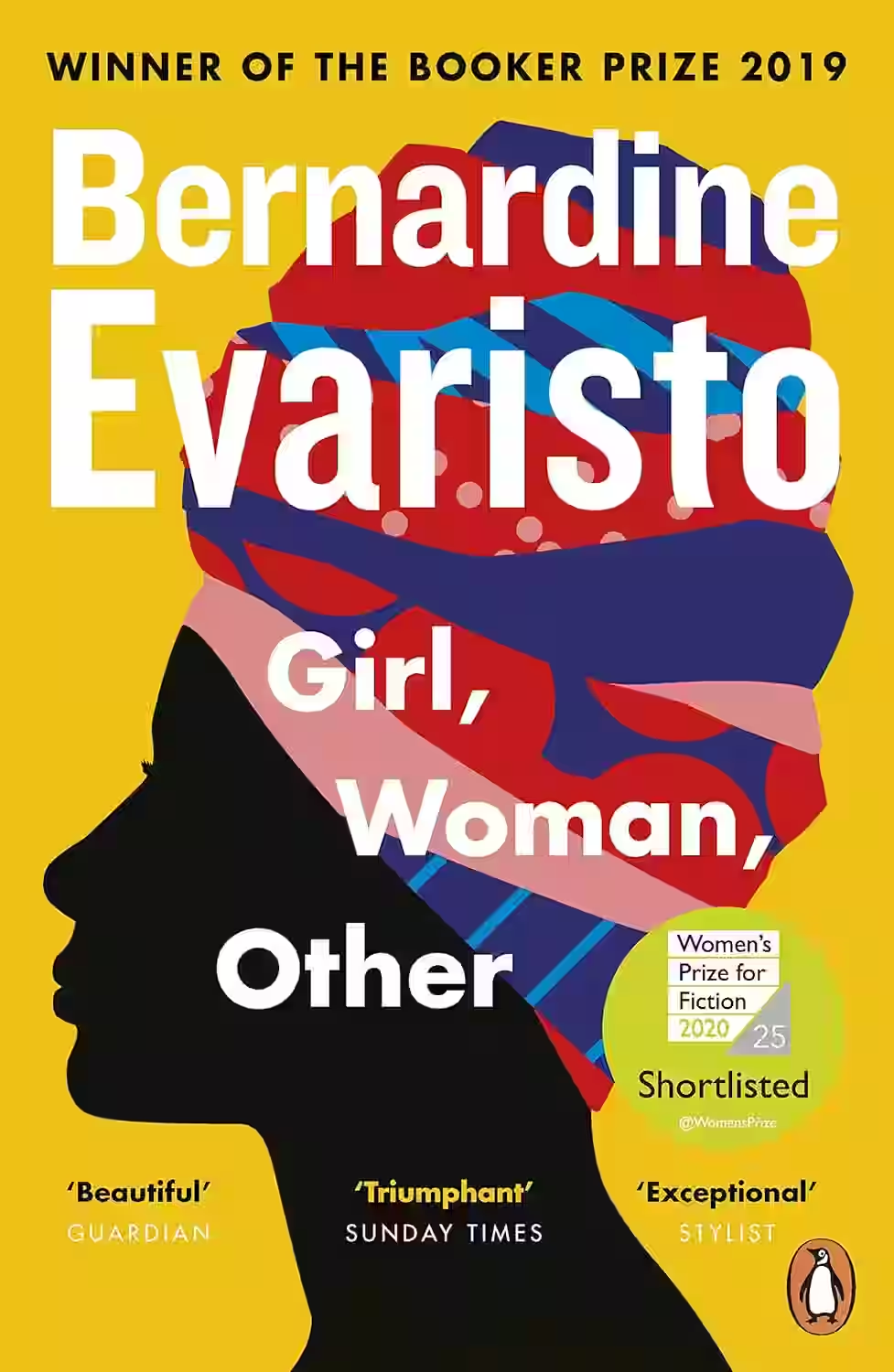
Winner of the Booker Prize, Girl, Woman, Other follows twelve interconnected characters—mostly Black British women—whose lives span generations and geographies. Through poetic prose and experimental structure, Evaristo explores identity, gender, race, class, and sexuality in modern Britain. Each narrative stands alone while contributing to a larger tapestry of shared struggles, joys, and legacies. With empathy and nuance, the novel challenges stereotypes and celebrates multiplicity, offering a rich, panoramic portrait of what it means to be “other” in a changing world.
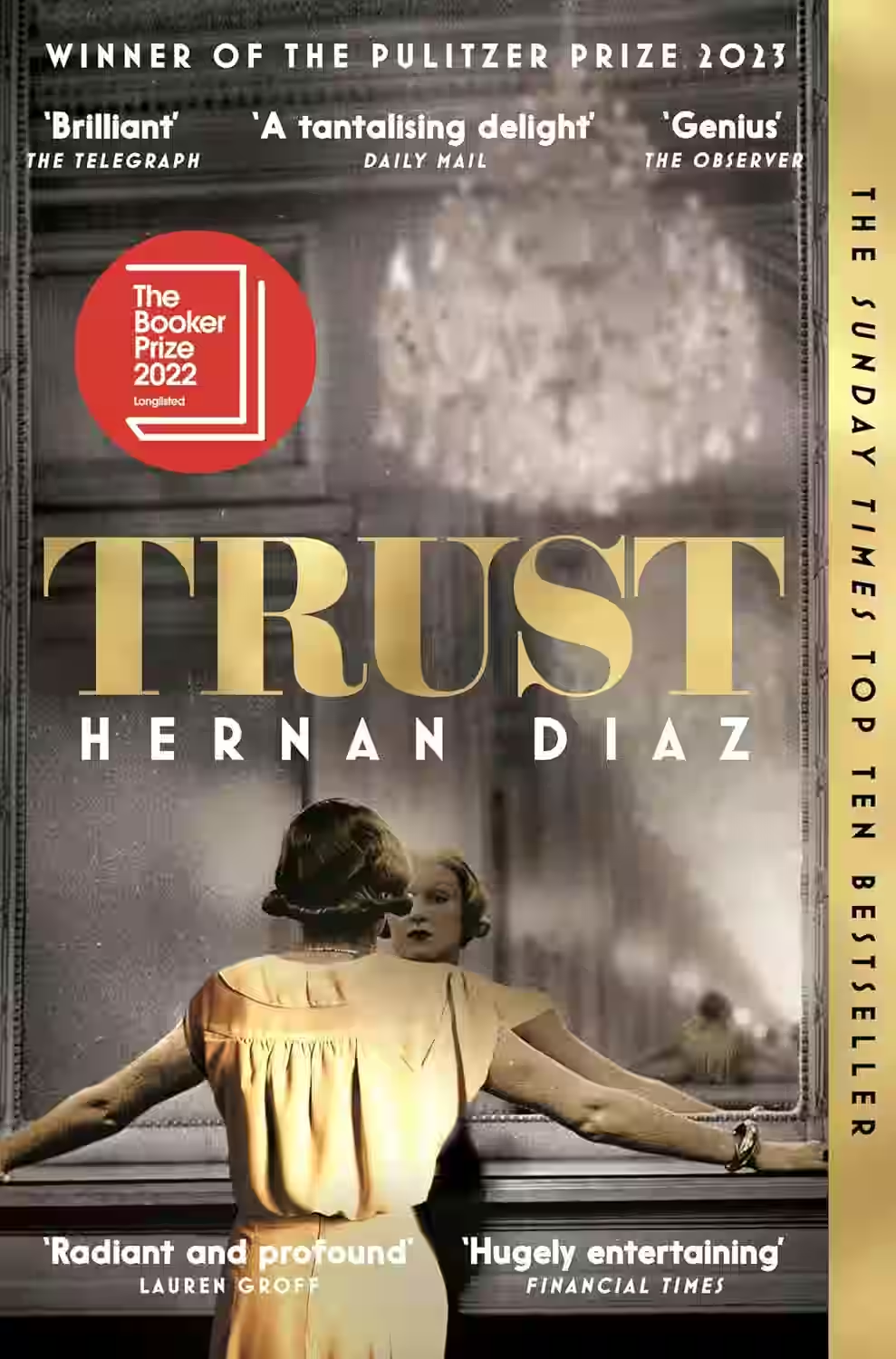
Trust
by Hernán Diaz
Can one person change the course of history? A Wall Street tycoon takes a young woman as his wife. Together they rise to the top in an age of excess and speculation. But now a novelist is threatening to reveal the secrets behind their marriage, and this wealthy man’s story - of greed, love and betrayal - is about to slip from his grasp. Composed of four competing versions of this deliciously deceptive tale, Trust by Hernan Diaz brings us on a quest for truth while confronting the lies that often live buried in the human heart.
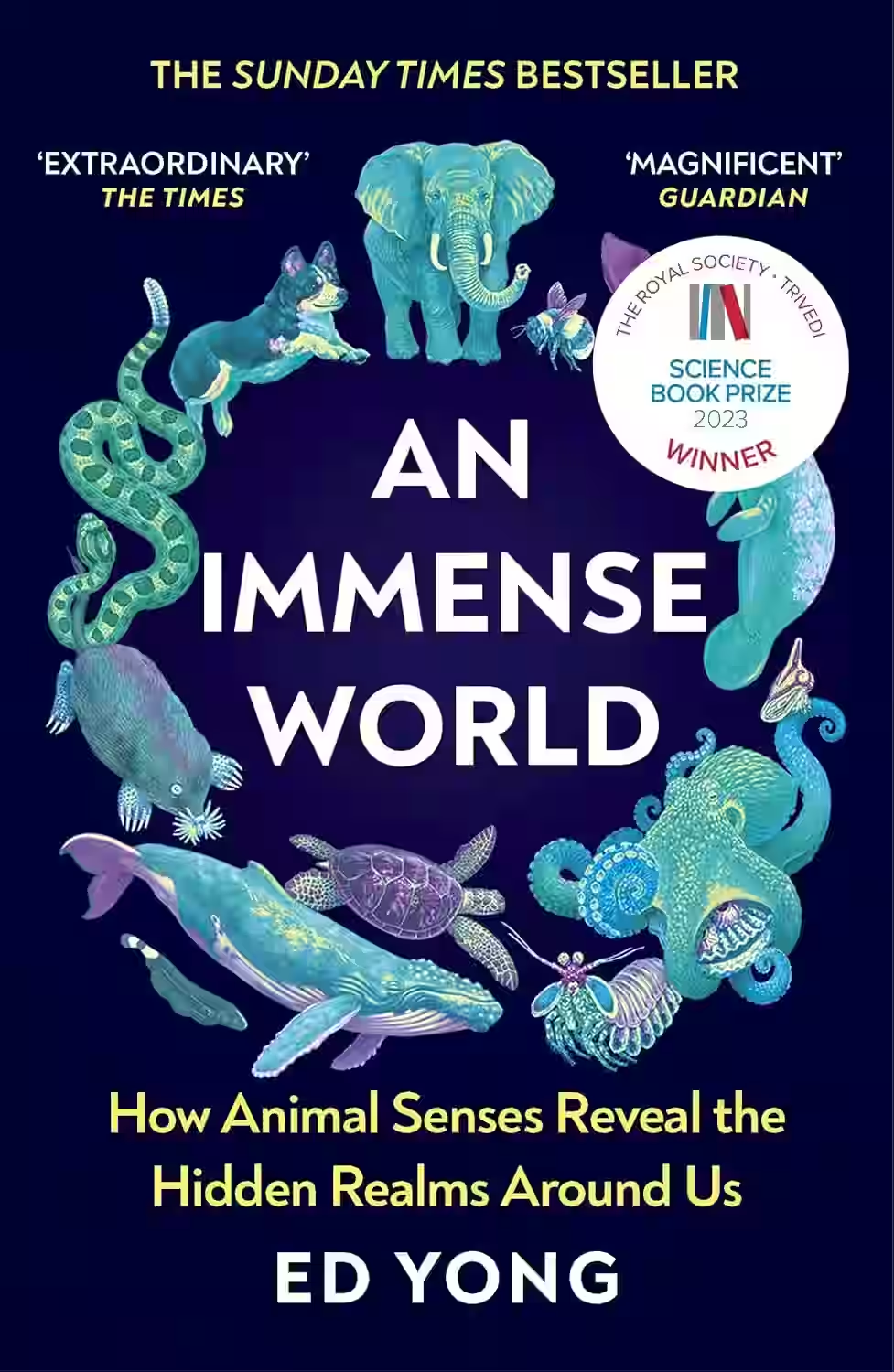
An Immense World: How Animal Senses Reveal the Hidden Realms Around Us by Ed Yong is a captivating exploration of the myriad ways animals perceive their environments. Yong introduces readers to the concept of the Umwelt, the unique sensory world each species inhabits. Through engaging narratives, he delves into extraordinary sensory abilities: turtles navigating via Earth's magnetic fields, beetles detecting fires from miles away, and scallops possessing dozens of eyes. Yong's vivid storytelling not only illuminates these hidden realms but also underscores the impact of human-induced sensory pollution on wildlife. Celebrated for its insightful prose, the book earned the 2023 Andrew Carnegie Medal for Excellence in Nonfiction and was named one of The New York Times' "10 Best Books of 2022" .
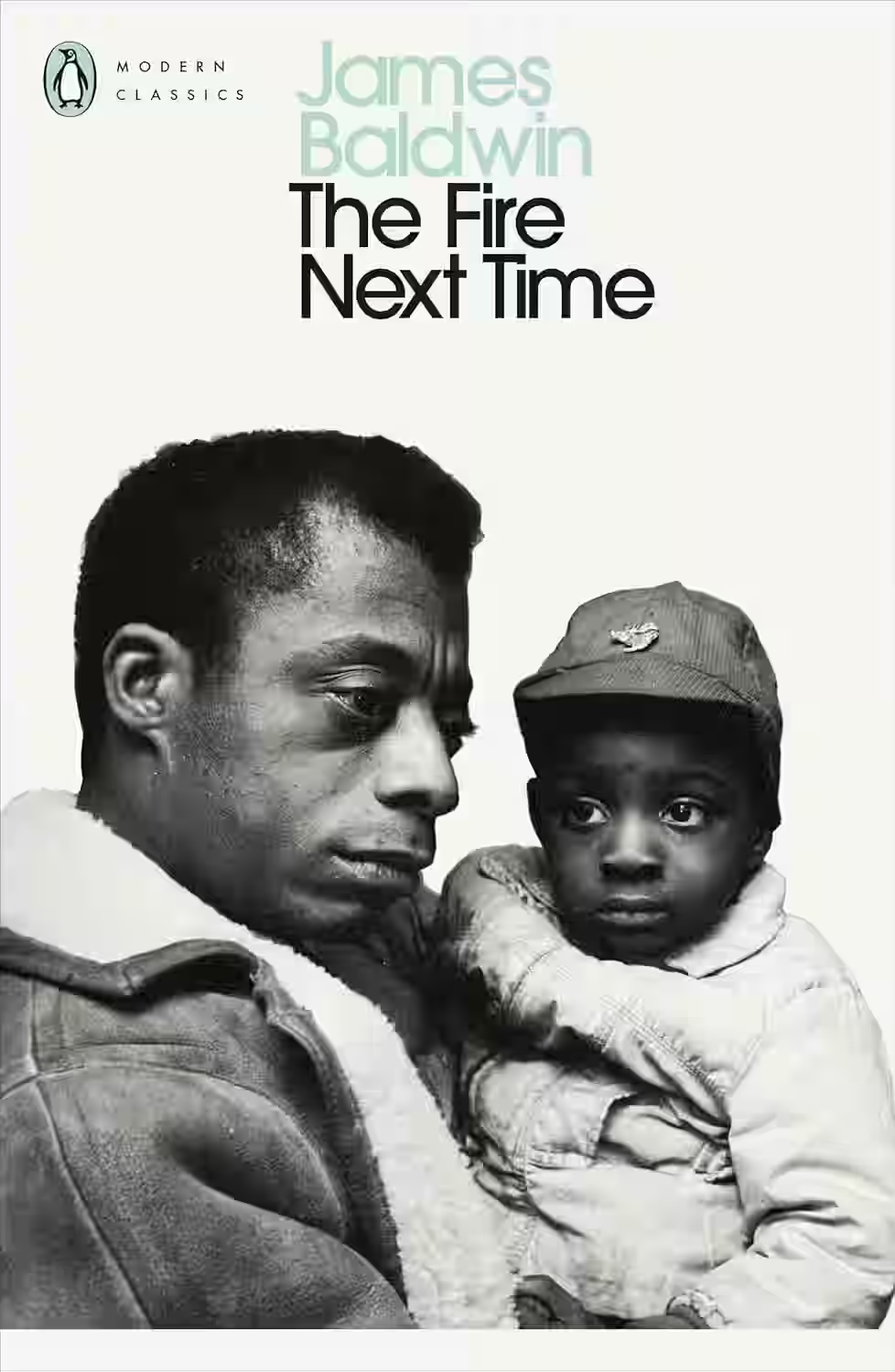
In this landmark work, James Baldwin delivers two searing essays on race, religion, and the Black experience in America. Written as a letter to his nephew and a reflection on his own spiritual journey, Baldwin confronts the deep-rooted legacy of racism and the urgency of racial justice. His prose is poetic and unflinching, blending personal narrative with philosophical insight. Published in 1963, The Fire Next Time remains a powerful and prescient call for empathy, change, and truth. Baldwin’s voice, both intimate and prophetic, continues to resonate in conversations about civil rights and America's unfinished struggle for equality.
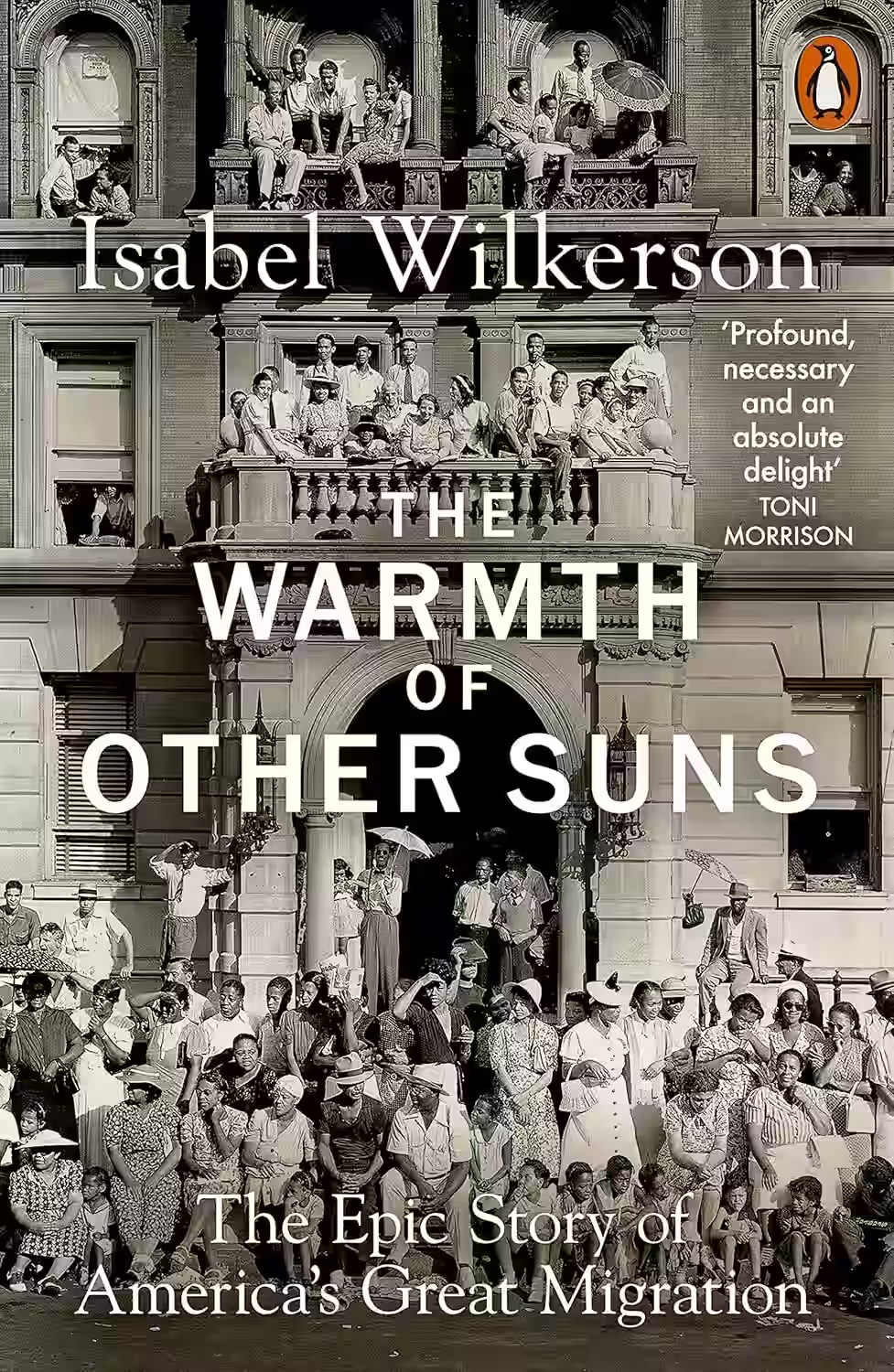
This sweeping narrative chronicles the Great Migration, the mass exodus of Black Americans from the South between 1915 and 1970. Pulitzer Prize–winning journalist Isabel Wilkerson tells this story through the lives of three individuals who left the South for new lives in Chicago, New York, and Los Angeles. Combining history, sociology, and biography, Wilkerson captures the courage and resilience of those seeking freedom from Jim Crow oppression. The Warmth of Other Suns is both deeply personal and historically expansive, shedding light on a pivotal movement that reshaped American culture, politics, and demographics across the 20th century.
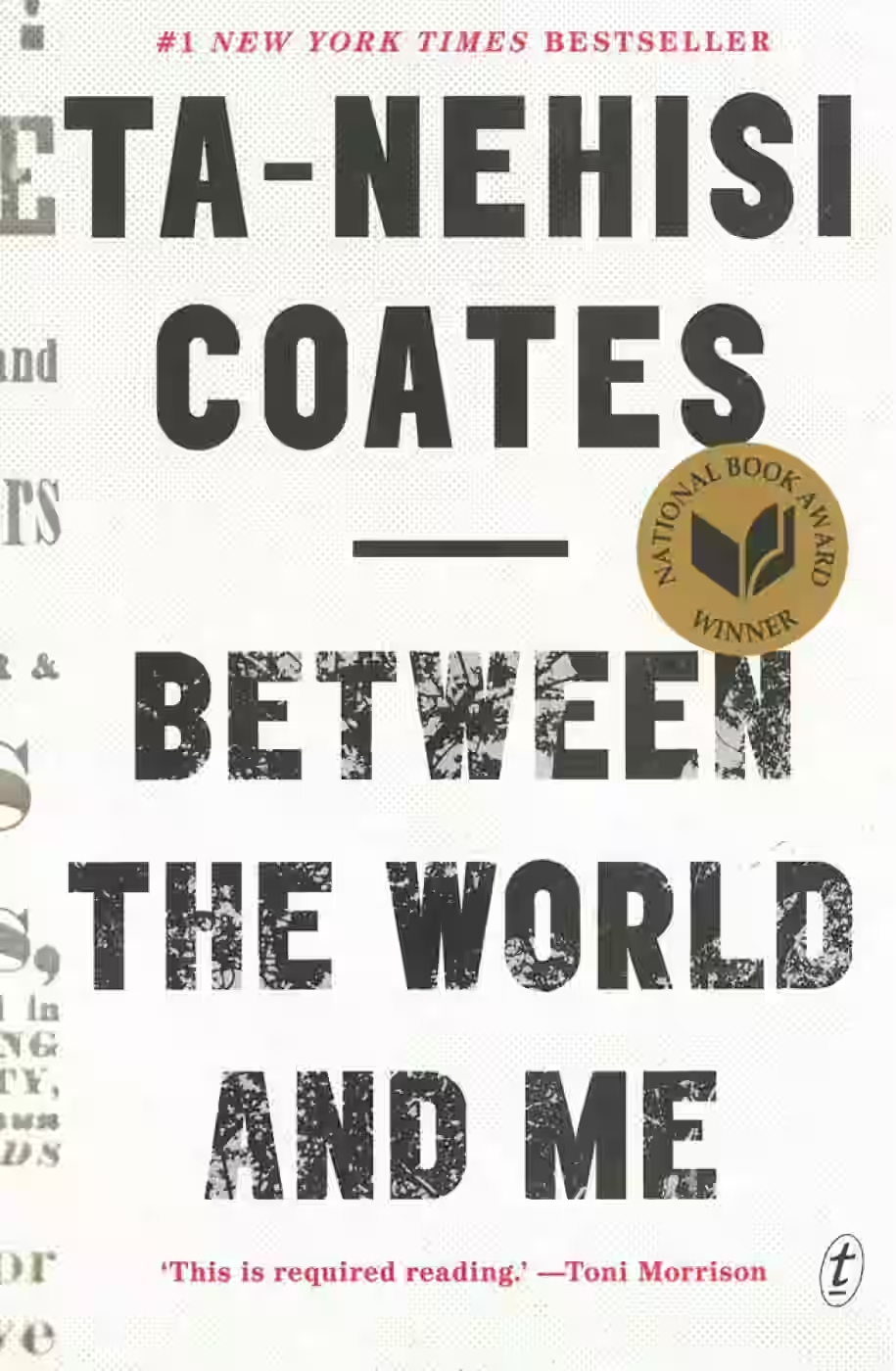
Presented as a letter to his teenage son, Ta-Nehisi Coates's Between the World and Me is a profound meditation on race, history, and identity in America. Drawing from his own experiences as a Black man, Coates examines the legacy of systemic racism, police violence, and the illusion of the American Dream. Inspired by Baldwin yet distinctly contemporary, the book offers a deeply personal and unflinching account of what it means to live in a Black body. With lyrical prose and intellectual rigor, Coates compels readers to confront uncomfortable truths and reconsider notions of privilege, safety, and belonging.
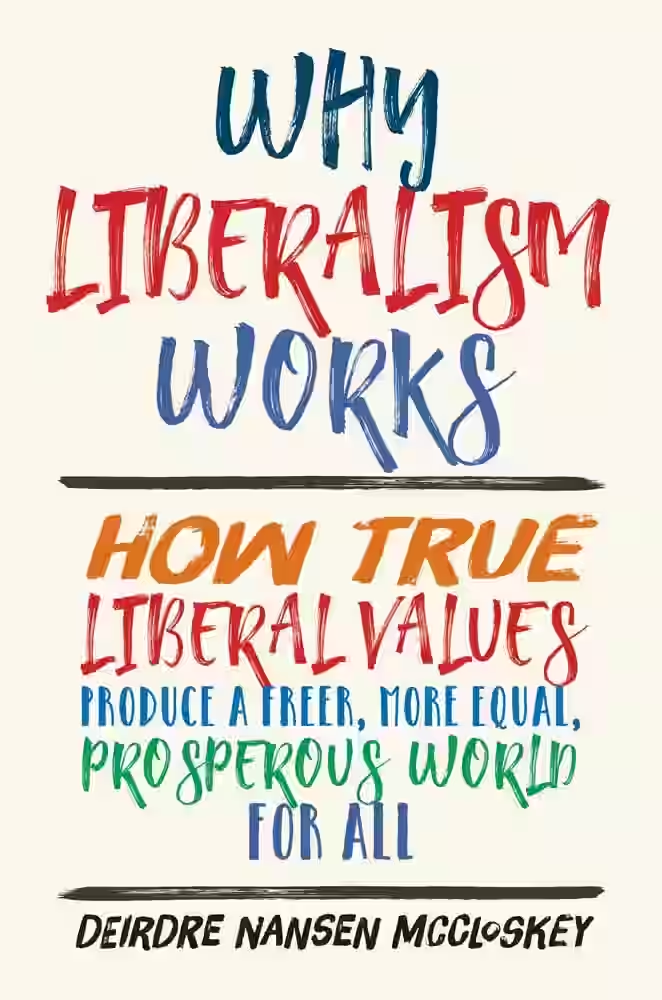
In Why Liberalism Works, economist and historian Deirdre McCloskey mounts a spirited defense of classical liberalism—the belief in individual liberty, free markets, and democratic governance. She argues that liberal ideas have lifted billions from poverty, expanded human rights, and created unprecedented prosperity. McCloskey critiques both right-wing nationalism and left-wing authoritarianism, warning against threats to liberal values. Blending historical analysis with economic insight, the book challenges modern skepticism toward capitalism and open societies. It is a timely reaffirmation of liberalism's moral and practical foundations, encouraging a renewed commitment to tolerance, innovation, and dignity for all individuals.
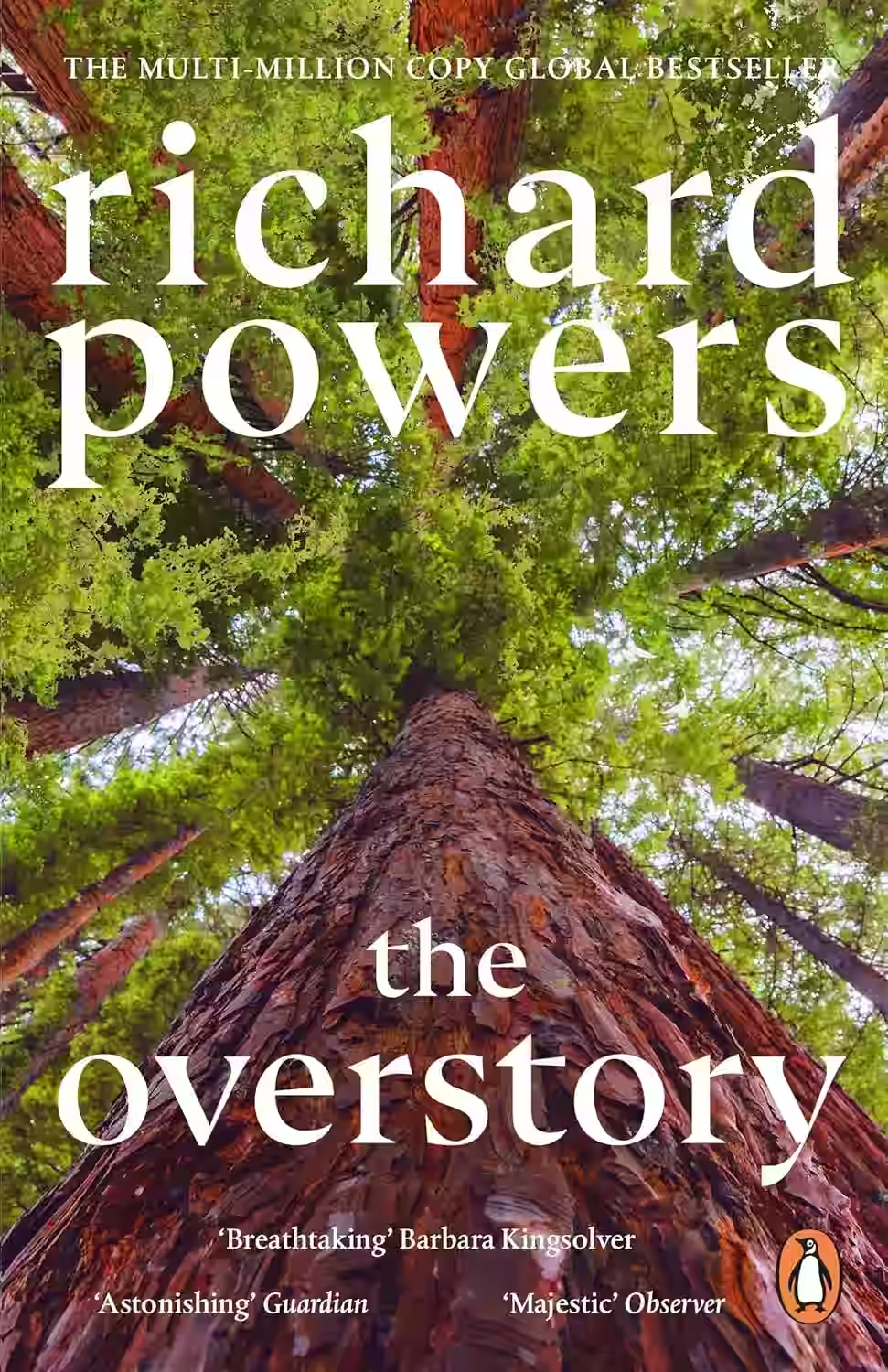
Winner of the Pulitzer Prize, The Overstory is a sweeping, ambitious novel about the interconnectedness of humans and the natural world. Richard Powers weaves together the stories of nine characters whose lives are all deeply affected by trees—biologically, emotionally, or spiritually. As their narratives converge, the novel evolves into a powerful environmental fable about resistance, interdependence, and ecological awareness. Lushly written and expansive in scope, The Overstory challenges readers to reconsider humanity’s place within nature. It is a novel of ideas, rooted in science and awe, that celebrates the silent, enduring presence of the living world around us.
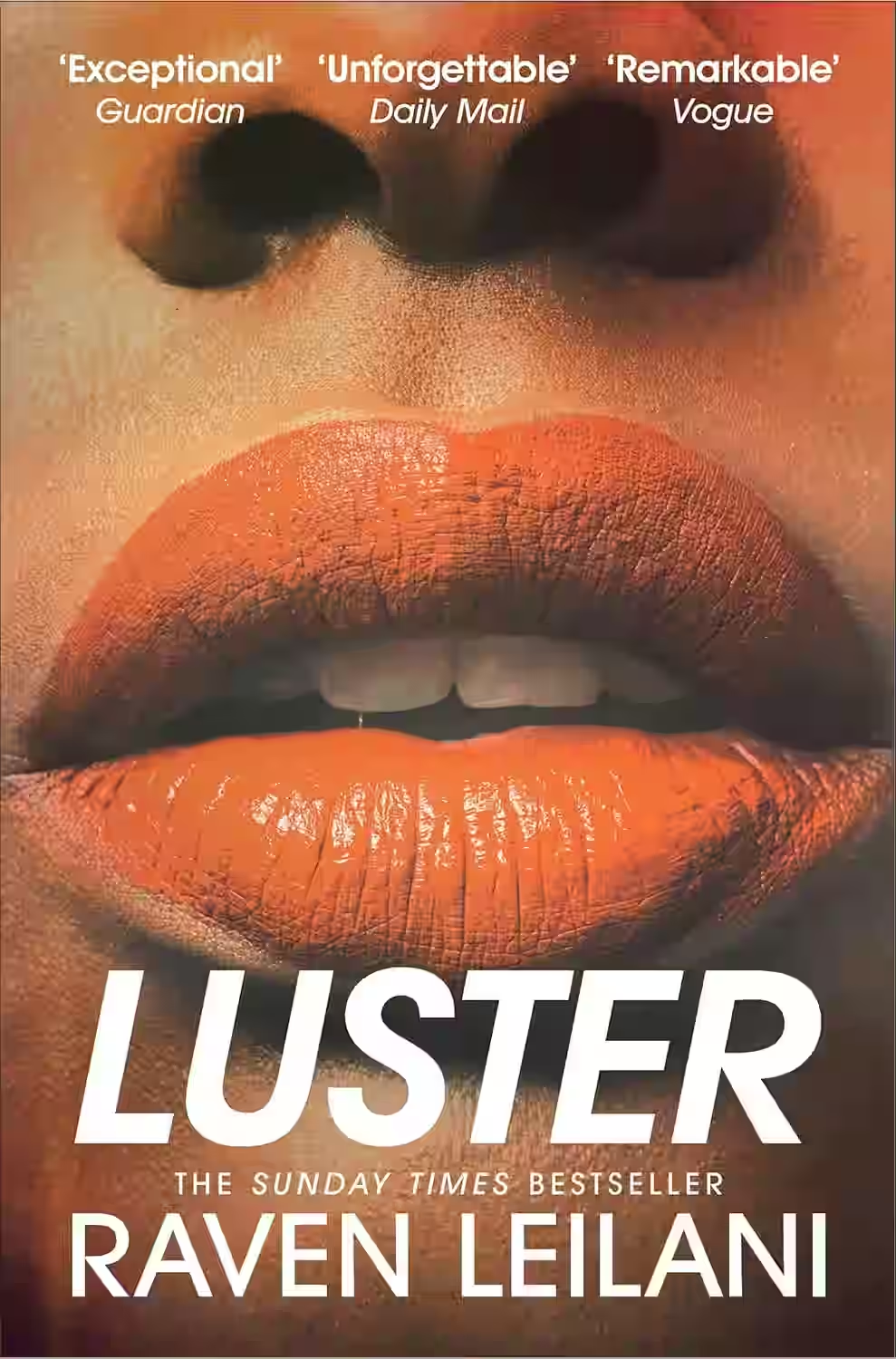
In her bold and provocative debut, Raven Leilani tells the story of Edie, a young Black woman navigating art, sex, and identity in New York City. When Edie enters into an open relationship with an older white man and becomes entangled with his family, she’s thrust into a web of power dynamics and emotional complexity. Luster is a raw and sharply observed novel about millennial disillusionment, racial tension, and precarious womanhood. Leilani’s prose is electric—darkly funny, intimate, and piercing. The novel captures the chaos of early adulthood and the search for meaning in a world of instability and inequity.
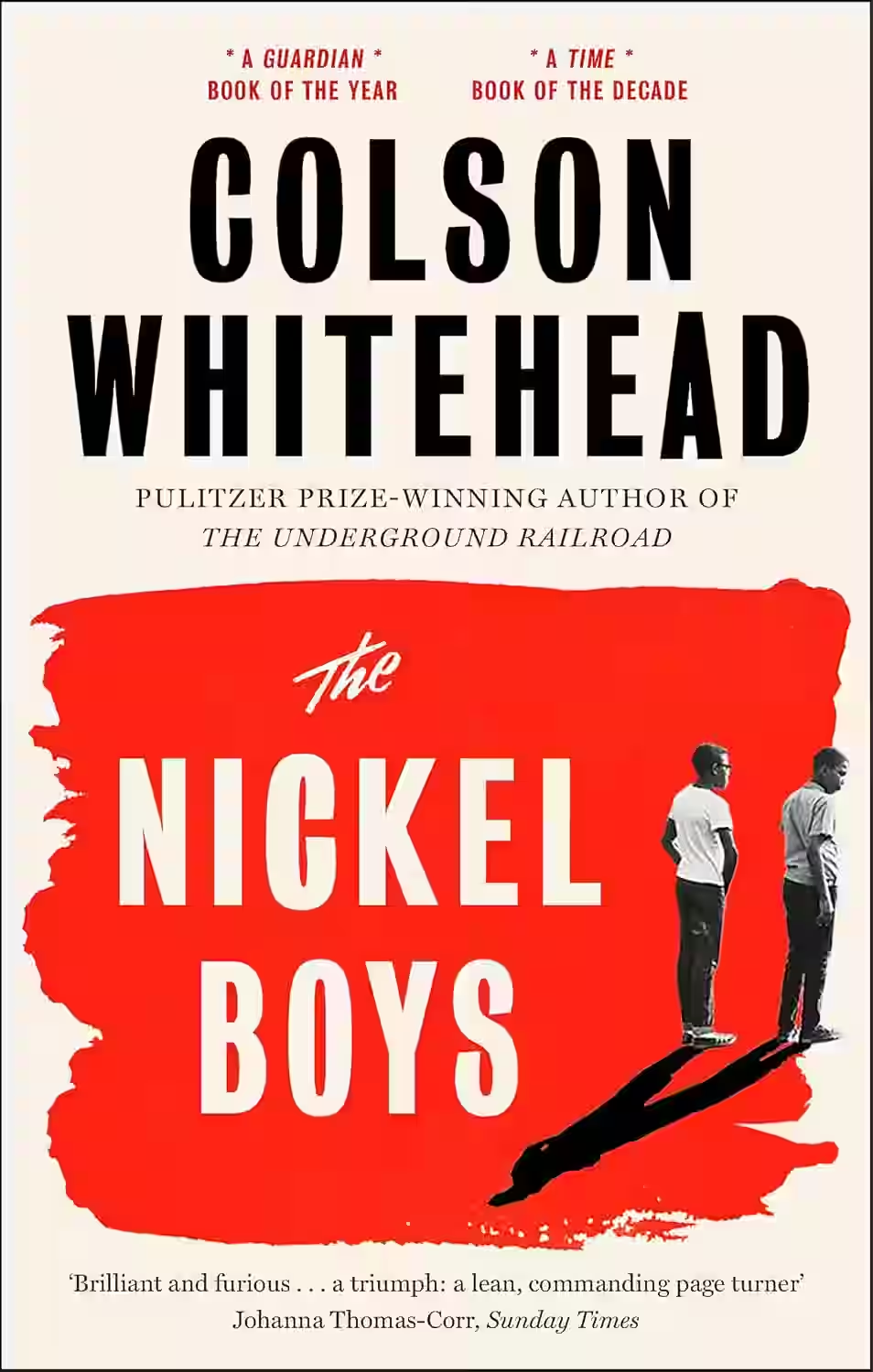
Based on true events, The Nickel Boys tells the harrowing story of Elwood Curtis, a promising Black teenager unjustly sent to a brutal reform school in Jim Crow–era Florida. There, he befriends the more cynical Turner as they struggle to survive the abuse and corruption of the institution. Colson Whitehead’s novel is a powerful indictment of systemic racism and the lingering trauma of institutional violence. With spare, elegant prose and devastating emotional impact, The Nickel Boys explores the collision between idealism and reality. Winner of the Pulitzer Prize, it stands as a haunting reminder of the past’s grip on the present.
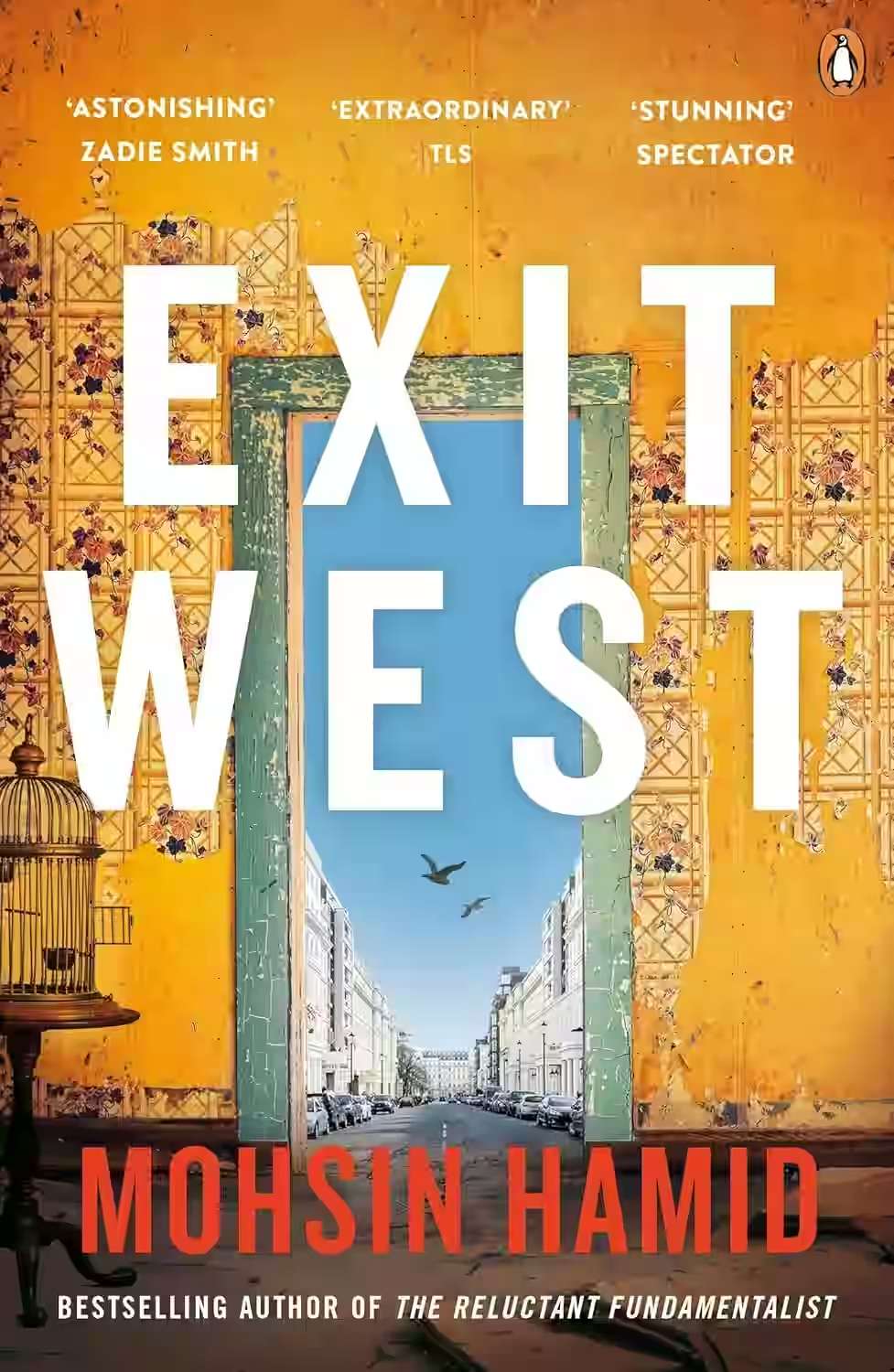
In Exit West, Mohsin Hamid blends magical realism with a poignant refugee narrative. The novel follows Nadia and Saeed, a young couple whose city is falling into civil war. As their relationship deepens, they discover mysterious doors that transport people to other parts of the world. Using these portals, they journey through countries and cultures, confronting displacement, identity, and transformation. Hamid’s lyrical prose and minimalist style give the story a dreamlike quality. Exit West is both timely and timeless—a moving exploration of love, migration, and the human longing for safety, connection, and a place to call home.
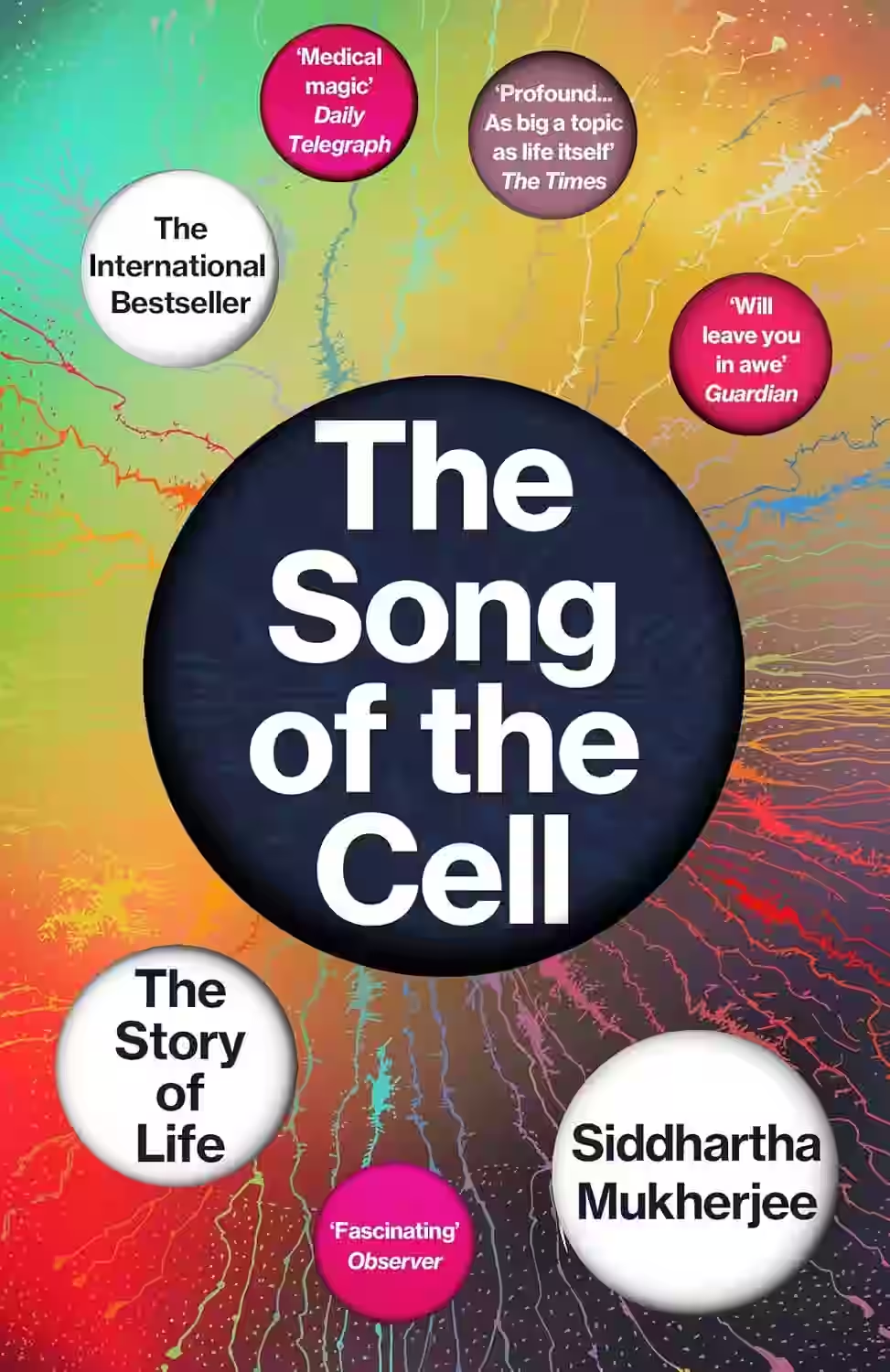
In The Song of the Cell, Pulitzer Prize–winning author and oncologist Siddhartha Mukherjee takes readers on a fascinating journey into the world of cell biology. From the discovery of the cell to cutting-edge developments in regenerative medicine and immunotherapy, Mukherjee explains how our understanding of cells shapes the future of medicine. Blending science, history, and narrative, he makes complex topics accessible without sacrificing depth. The book is both a celebration of scientific discovery and a meditation on what it means to be alive. The Song of the Cell is essential reading for anyone interested in biology, medicine, or the future of health.
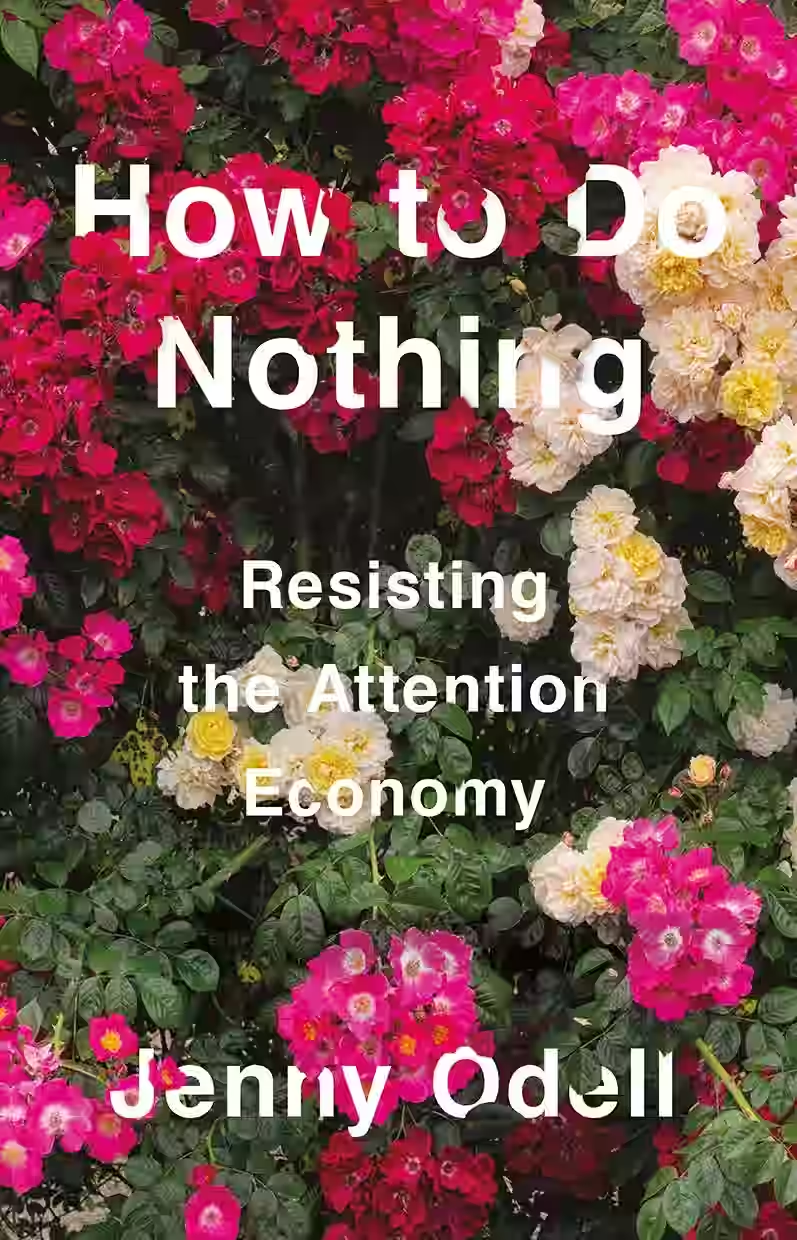
In How to Do Nothing, artist and writer Jenny Odell critiques the modern attention economy and its constant demands for productivity and engagement. Instead of advocating literal inactivity, Odell calls for a conscious redirection of attention toward meaningful experiences—like community, nature, and contemplation. Drawing from art, philosophy, ecology, and social theory, she argues that stepping away from digital noise is a political and creative act. The book is both a cultural critique and a philosophical meditation, offering a radical rethinking of how we spend our time and what we value in an age of distraction.